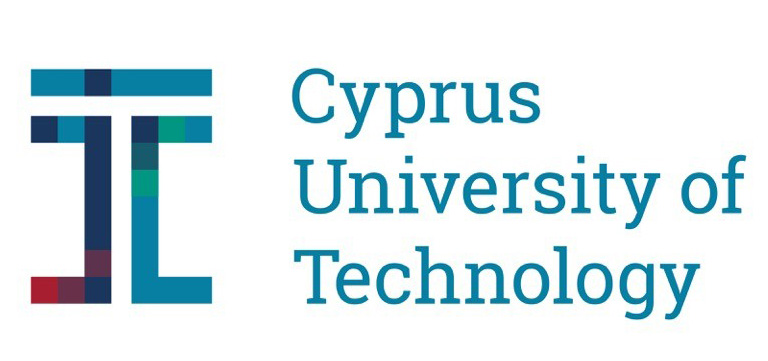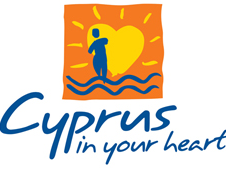Keynote Speaker

Prof. Mimis A. Sofocleous
Academic Director, Patticheion Municipal Museum & Limassol Historical Archives
Director, Touch Editions
Biographical Sketch:
Μimis Sophocleous was born in 1954 and educated in Cyprus, Greece and Australia. He is an academic since 1979; He completed his under graduate studies in Athens (School of Philosophy) and continued with his post Graduate studies in Australia (La Trobe University, RMIT University and University of Queensland). Since 1979 he held a number of senior positions in universities in Australia, before moving to Cyprus in 2002. In 2004 he was appointed as a member of the first Governing Board of the then newly established Cyprus University of Technology, on which he served from the position of the Vice-President and Co-ordinator of the Department of Multimedia and Graphic Arts. He was also in charge of preparing the submission for the establishment of the School of Fine and Applied Arts at the same university. He taught as visiting professor in many universities abroad.
He published books, monographs, articles and he participated in numerous local and international conferences, Symposia and Seminars. Since 2005 he is the Convenor of the Oral History Symposium on the History of Limassol organized annually by the Patticheion Municipal Museum –Historical Archives and Research centre of Limassol, of which he is the Academic Director since 2011. The Centre which focuses on the history of Limassol during the last three centruries.
In 2007 he established the publishing House "Afi ltd- Touch Editions" which specializes in publications on Cypriot history, literature, culture and the history of ideas.
His latest publications are:
- Melbourne and Limassol: Two Ports of Nikos Kavvadias (2016)
- Agios Athanasios, In the Years Gone by …In the Years to Come… (2016)
- Pissouri: A Village Bathed in Light (2015)
- Andreas Mesis: The Life and Times of an Amateur Actor and Director (2014)
Title:
What happens to poetry and prose when they go in digital form online, instead of reaching the printer's desk?
The paper raises a number of questions which attempt to reveal the puzzling difficulty for publishers worldwide in presenting literary work, having to choose between printing and digital forms. An important question relates to howpublishers can go directly from paper to digital without falling in extreme situations similarly to what happened in the 1990's with the record and the photographic industries: Digital or film; vinyl or CD? The paper takes up the question asked once upon a time by Edison's contemporaries about the impact of sound-recording technology on print: "Are we to have a new kind of books?" Are we going to have in the years to come a new reading experience? After all, it doesn't matter whether we trust books or electronic publications; both rely on digits and fonts!














